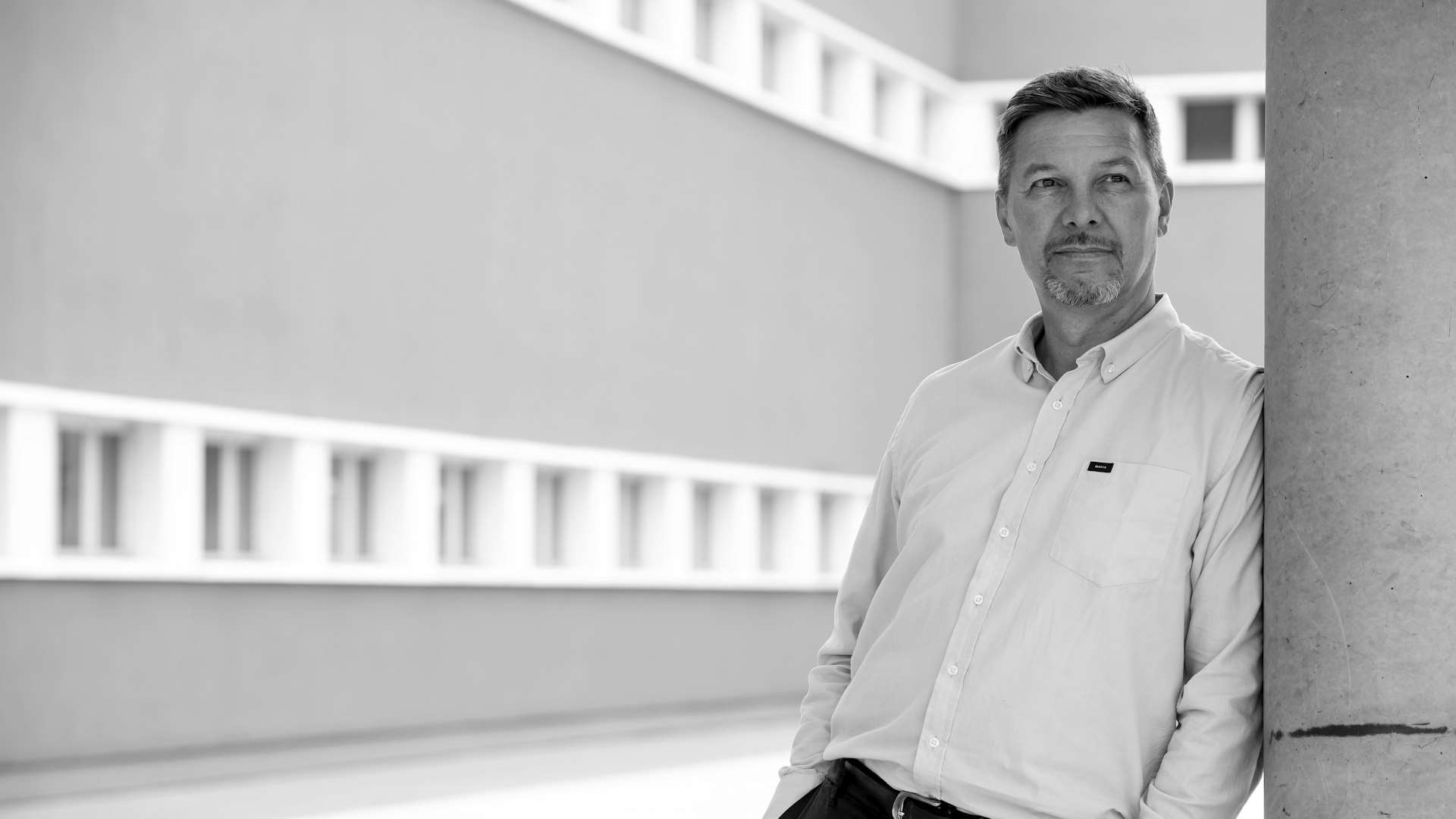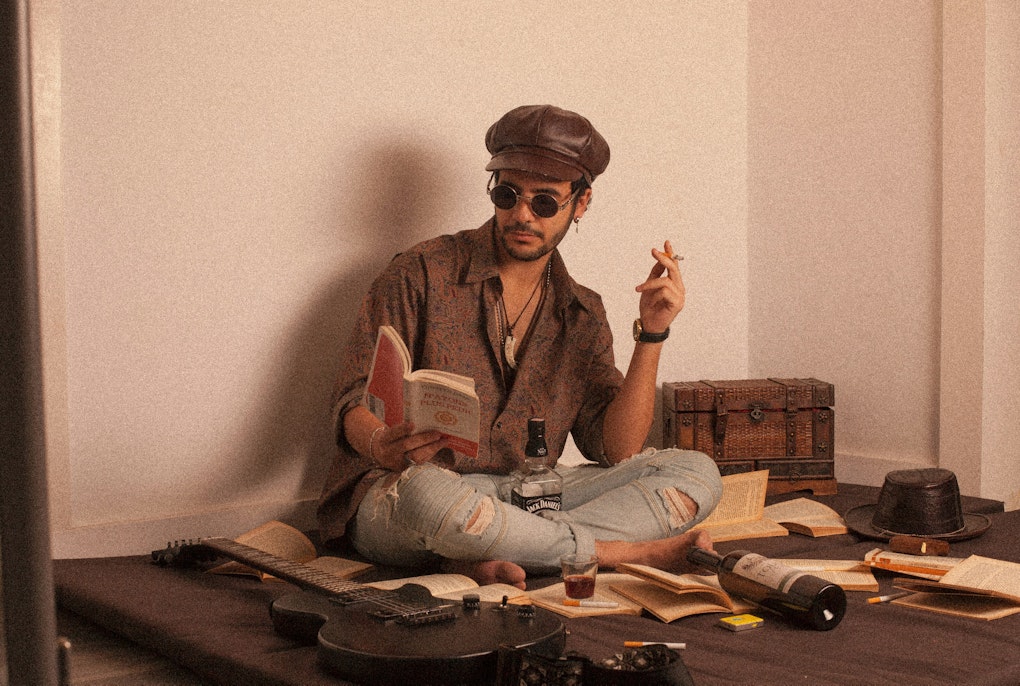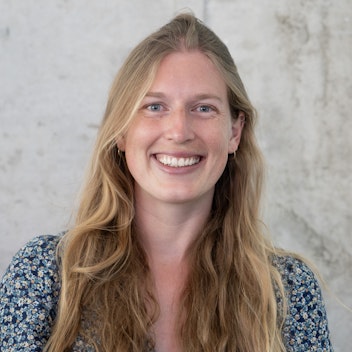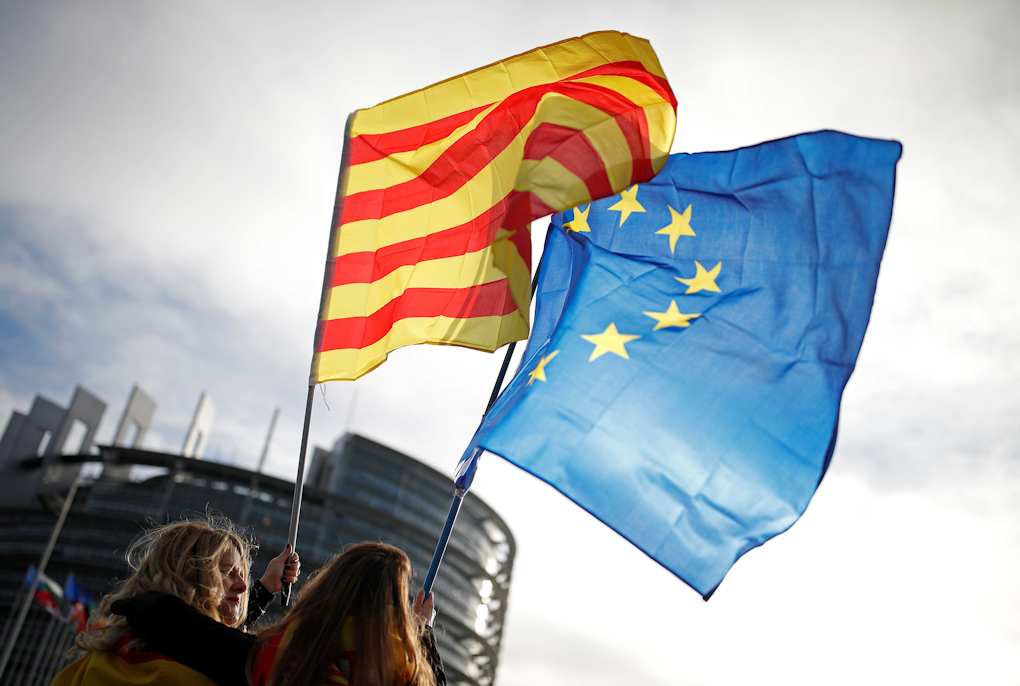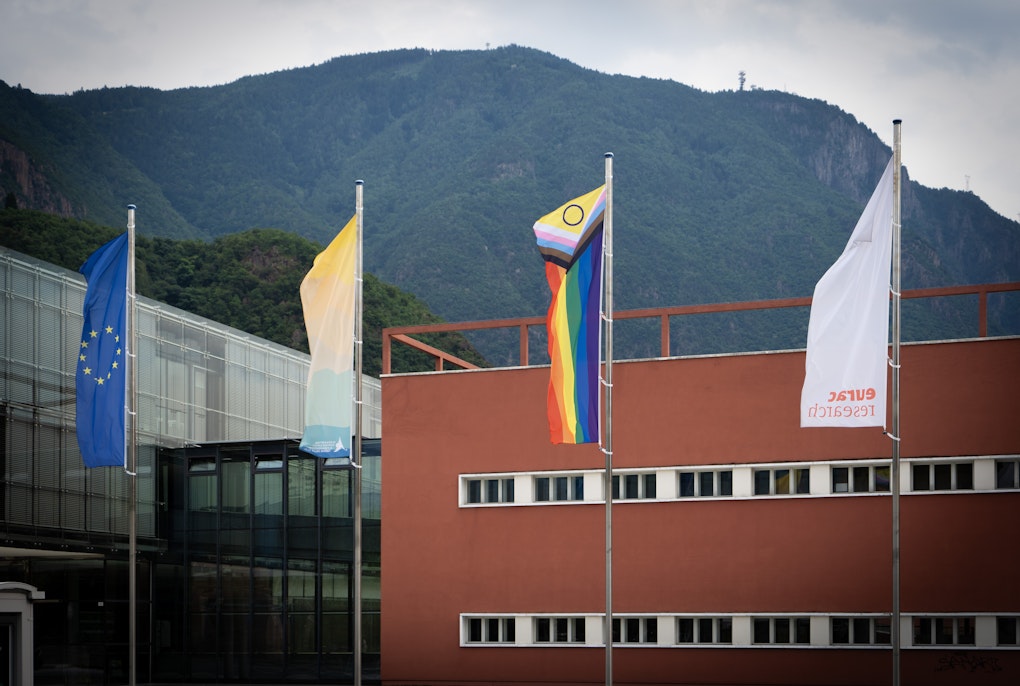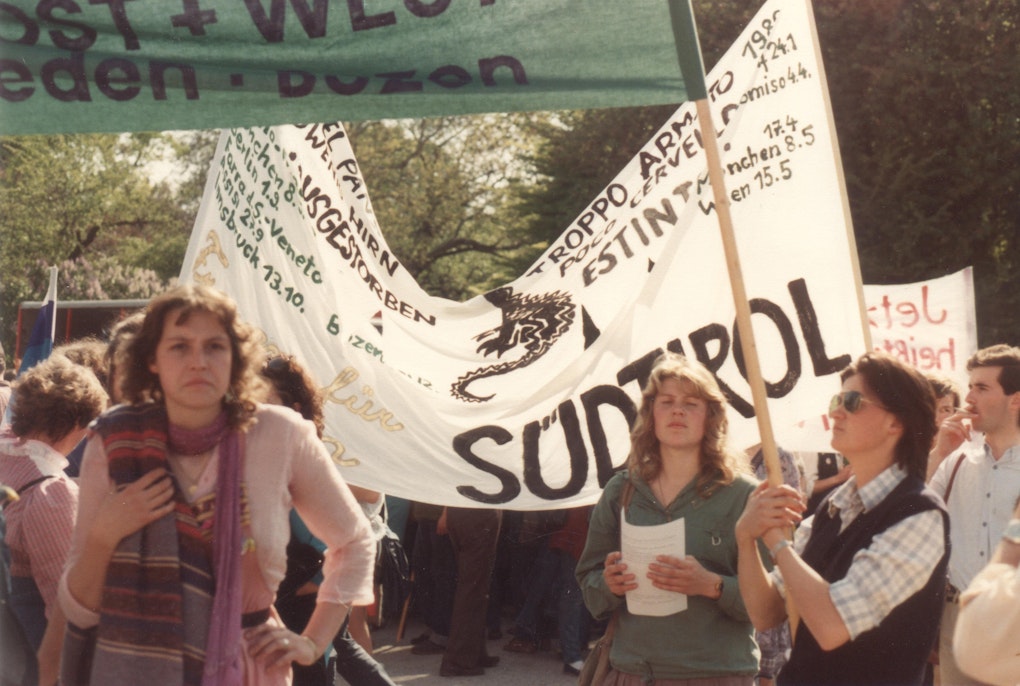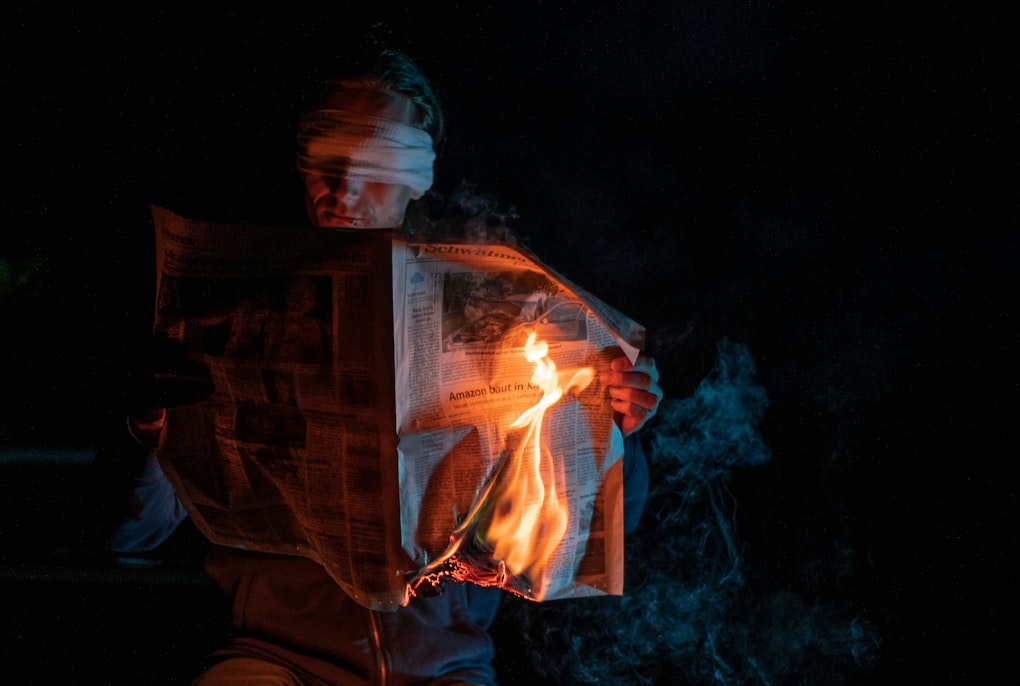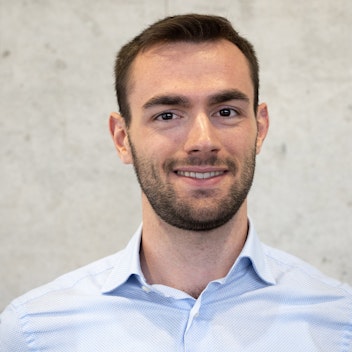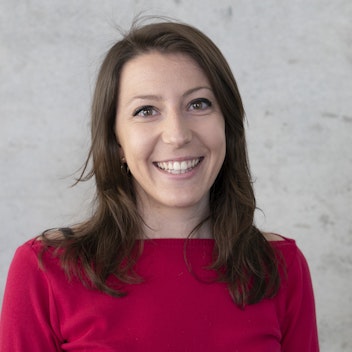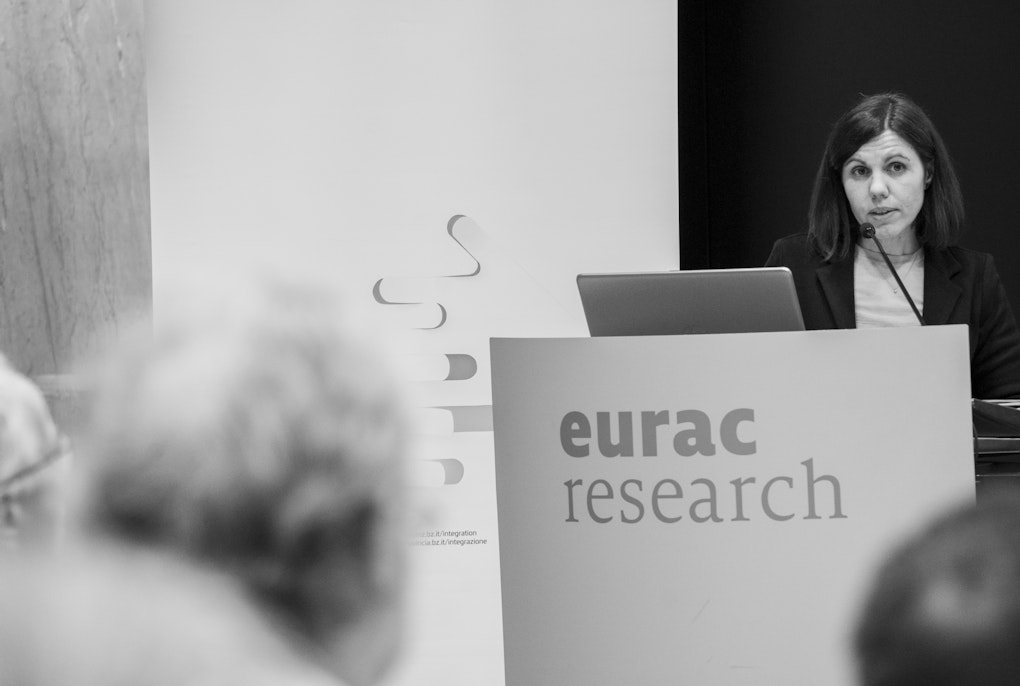magazine_ Interview
"Science and research are important for managing future crises."
A Skype conversation with Stephan Ortner and Roland Psenner, director and president of Eurac Research.
Can you carry out your research from home? What contributions can we as Eurac Research make during the current Covid-19 pandemic crisis? What questions should we all be asking ourselves after this acute emergency? A Skype conversation with Stephan Ortner and Roland Psenner, director and president of Eurac Research.
500 researchers have been in smart working mode for the past three weeks. In this exceptional context, can one work "normally"?
Ortner: The transition has been quite smooth; we had already adopted the smart working model two years ago so we’re rather used to it. Apart from our colleagues working in central services, the majority work on scientific projects, which means that at most of the times they work on computers and at other times, are in the field or travelling for conferences. Our productivity is not tied to a desk. That's why smart working has been relatively easy for us to implement. The situation in the labs however is different and there, of course, the projects have been put on hold. On the other hand, because of the pandemic, many of our coworkers have been asking themselves new research questions.
For example?
Ortner: Our biostatisticians are currently monitoring the progress of the pandemic around the world. Their calculations are being used in various countries to assess the success of their containment measures. We are also setting up interdisciplinary working groups to develop possible post-pandemic scenarios in the most diverse social and economic sectors. Ultimately, as a research center, we have a responsibility with our guidance to support those who have to make decisions in order to return as quickly as possible to a state of normality after this crisis. Whatever "normality" will be after the pandemic.
Global (and local) problems won’t disappear with the pandemic. They may not be discussed for a while, but they will come back, probably with even more urgency than before.
Roland Psenner, president Eurac Research
What skills can Eurac Research offer?
Ortner: In addition to specialist expertise in the fields of epidemiology or biostatistics, we have made all our laboratory equipment, useful for the diagnostic tests of Covid-19, available to South Tyrol’s Health Authority. We are also evaluating regulations so that our technicians can collaborate with the province's laboratories and thus increase the ability to process swabs.
Psenner: What is evident in this crisis, is the importance of basic research. Our specific experience in the field of emergency medicine and the wealth of knowledge acquired during the CHRIS population study as well as our expertise in analysing and predicting the spread of epidemics is vital. In addition, the doctors in our institutions, even those who are not from here, have volunteered to work in our hospitals. However, the focus on medical aspects is not enough to contain the crisis because SARS-CoV-2 has shown us that countless sectors of society are and will be affected.
In addition to specialist expertise in the fields of epidemiology or biostatistics, we have made all our laboratory equipment, useful for the diagnostic tests of Covid-19, available to South Tyrol’s Health Authority.
Stephan Ortner, director Eurac Research
What skills will Eurac Research need in the future?
Psenner: If this crisis confronts us with an unexpected and completely new situation, all our competences will be called into play, because global (and local) problems won’t disappear with the pandemic. They may not be discussed for a while, but they will come back, probably with even more urgency than before. We will assess the effects of the current situation of our empty roads and as a result the lower emissions (maybe we can ask ourselves if cleaner air and reduced traffic could save more lives than those lost due to Covid-19). Many researchers will evaluate the effects of the social "standby" we are now experiencing. Economic stagnation will not be enough to promote a Green Economy, i.e. the necessary transformation from consumer to circular economy. What we must observe, rather, is the resilience of society, the ability to return to a "state of normality" after a massive disruption. This is where I see the particular strength of our research, because we do not just consider individual aspects, but analyse and evaluate the whole from the perspective of different disciplines, from medicine to natural sciences, engineering and physics and social and legal sciences. Right now, the most difficult question is: Should we change ourselves, should we change our behaviour as scientists and researchers? But there are other key questions too that will also have to be considered. How will we organise our conferences? Will we have to fly as much in the future? Will we need different forms of work and new organisational structures? Eurac Research and society as a whole, will need to find answers to all these challenges.
President Psenner, researchers are in demand as experts in this crisis. Do you see this as an opportunity for science?
Psenner: If we compare the measures taken in other countries (e.g. China, Korea, USA, Brazil), we see that the crisis can best be overcome when politicians act on the basis of scientific knowledge. Perhaps this could be one of the positive effects of this pandemic: promoting science and research to prepare us to better manage future crises.
What is the question that personally involves you the most?
Psenner: In a time of crisis do we become more selfless or more selfish? That is the question I am asking myself most insistently. While the world is disintegrating into individual continents and countries and Europe is separating into nation states again, many people are showing extreme generosity. Our Chinese partner universities in Beijing and Hebei already contacted us two weeks ago and asked how they could help us at this difficult time. They sent us large quantities of protective equipment, which we are making available to health care, civil protection and our most vulnerable staff. What has surprised me is that bureaucracy, for example customs formalities, is continuing as it did before the crisis, while the rest of the country has long since adapted to the new situation. One thinks at a time like this, when the number of infections is doubling every day, and every hour counts, shouldn’t we all be working together to make the most of the time we do have?
